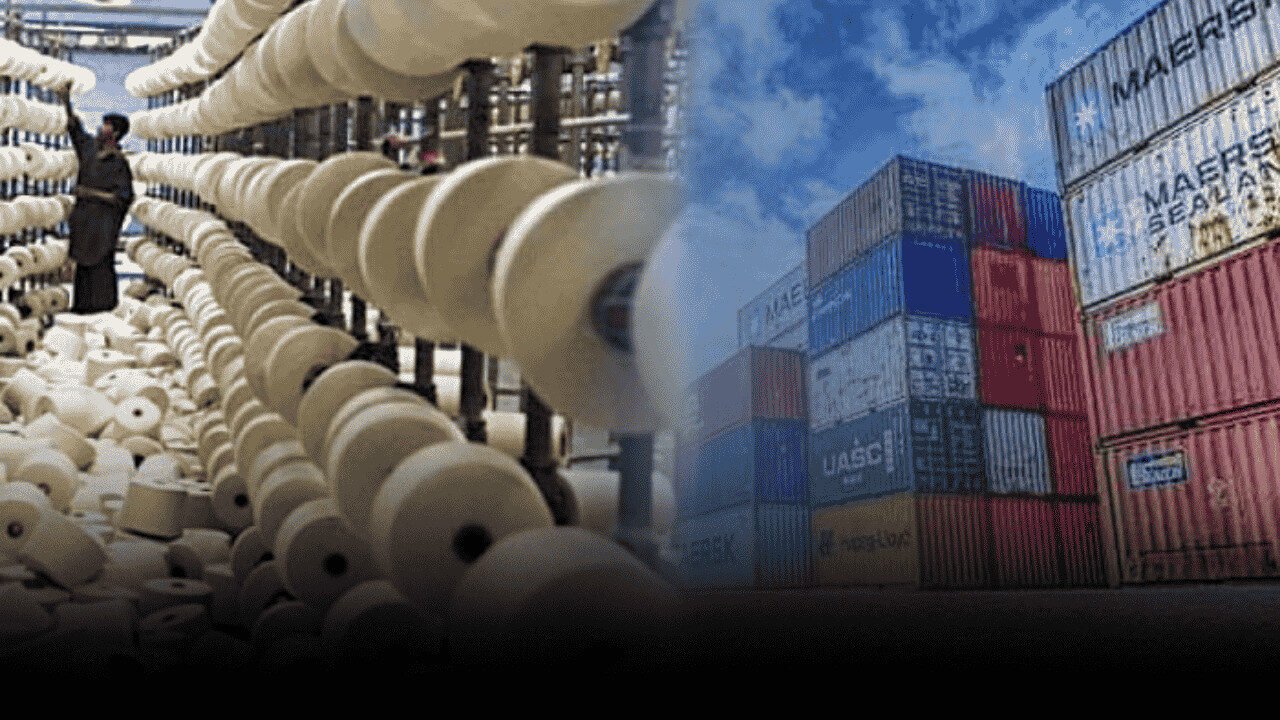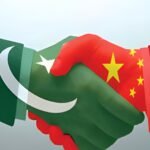By Abdul Ghani
Imagine a factory that’s ready to ship clothes all over the world—but can’t because its electricity bill is too high. That’s the struggle facing Pakistan’s textile industry right now.
To help pull it back, the Pakistan Textile Council (PTC) is urging the government to make energy costs fairer, simplify tax rules, and introduce a solid five-year plan for industry and exports.
These ideas come from the Council’s new “Pakistan Textile & Apparel Exports Q1FY26” report.
Energy Tariffs and Uncertainty Threaten Industrial Competitiveness
According to the report, in the first quarter of the 2025–26 fiscal year, Pakistan’s textile and apparel exports reached $4.79 billion—an increase of 5.7 percent compared with the same quarter last year.
That’s good news. But the Council warns that this gain is fragile. High electricity and gas prices, unclear government policies, and lack of cash flow (liquidity) are hurting the industry’s ability to compete internationally.
Pakistan Textile Exports Need Regionally Competitive Energy Pricing
The Council says it’s critical to have energy prices that are predictable and match rates in other textile-exporting countries. They suggest creating a clear system that links industrial energy tariffs to what places like Bangladesh and Vietnam pay.
The idea is to reduce surprises and restore cost fairness. In their view, uncompetitive power prices are now “one of the single largest impediments” to steady export growth.
Tax Reforms, Labor Costs, and Financing Facilities in Focus
Another big issue is tax and refunds. The PTC recommends simplifying the tax system and speeding up refunds for exporters. They propose an automated refund process within 72 hours, using a risk-based audit system.
They also call for an export scheme that lets exporters use zero-rated (tax-free) inputs. According to the report, delays in refunds and complicated paperwork are trapping working capital and deterring new investment.
Labor costs are also a challenge. The Council suggests adjusting wage and overtime laws to bring Pakistan closer to regional norms.
Although many manufacturers have upgraded their technology and compliance systems, they say higher payroll costs still weaken their price competitiveness in major markets like the EU and the U.S.
To strengthen finances for exporters, the PTC suggests expanding export-linked credit tools, such as the Export Finance Scheme (EFS) and the Long-Term Financing Facility (LTFF).
They also urge bolstering the EXIM Bank—giving it more authority and larger lending capabilities. That way, factories could invest more freely in modernization, renewable energy projects, and innovation.
PTC Calls for Long-Term Industrial and Export Policy Stability
Looking further ahead, the Council emphasizes the need for a well-defined, five-year industrial and export policy. They warn against the current practice of issuing sudden regulatory changes—those swings in energy tariffs, taxes, or import duties make it hard for businesses to plan ahead or invest in growth.
In their proposal, this long-term policy would include legally mandated Key Performance Indicators (KPIs), reviewed monthly. These would track export growth, product diversification, compliance, and progress toward sustainability goals.
A consistent reporting system, they argue, would boost confidence among both domestic manufacturers and international buyers.
Aligning Sustainability, Innovation, and Global Standards
The PTC also recommends aligning the policy with global sustainability and ESG (Environmental, Social, Governance) standards—particularly in energy efficiency, wastewater treatment, and tracking raw materials.
Because many international buyers now demand these standards, Pakistani exporters should receive technical support and favorable financing to meet them.
To grow market share, the Council says innovation and product diversification are vital.
Incentives tied to higher value-added production, meeting Sustainable Development Goals (SDGs), and green project financing would help textile firms move up the value chain—producing more sophisticated, higher-priced goods rather than just basic fabric or clothing.
Finally, the Council calls for policy stability backed by legal protection. That means export-focused industries would be better shielded from sudden fiscal changes or energy price shocks.
They suggest issuing monthly updates on implementation and fostering clear cooperation between the federal and provincial governments to build long-term confidence in the policy environment.
The PTC states that only through coherent structural reforms—such as competitive energy rates, predictable taxation, modern financial tools, and a stable long-term policy—can Pakistan maintain its export momentum.
These steps, they argue, will not just protect existing export levels but push the textile sector toward becoming a globally competitive, sustainable, and innovation-led industry.
Author Profile






